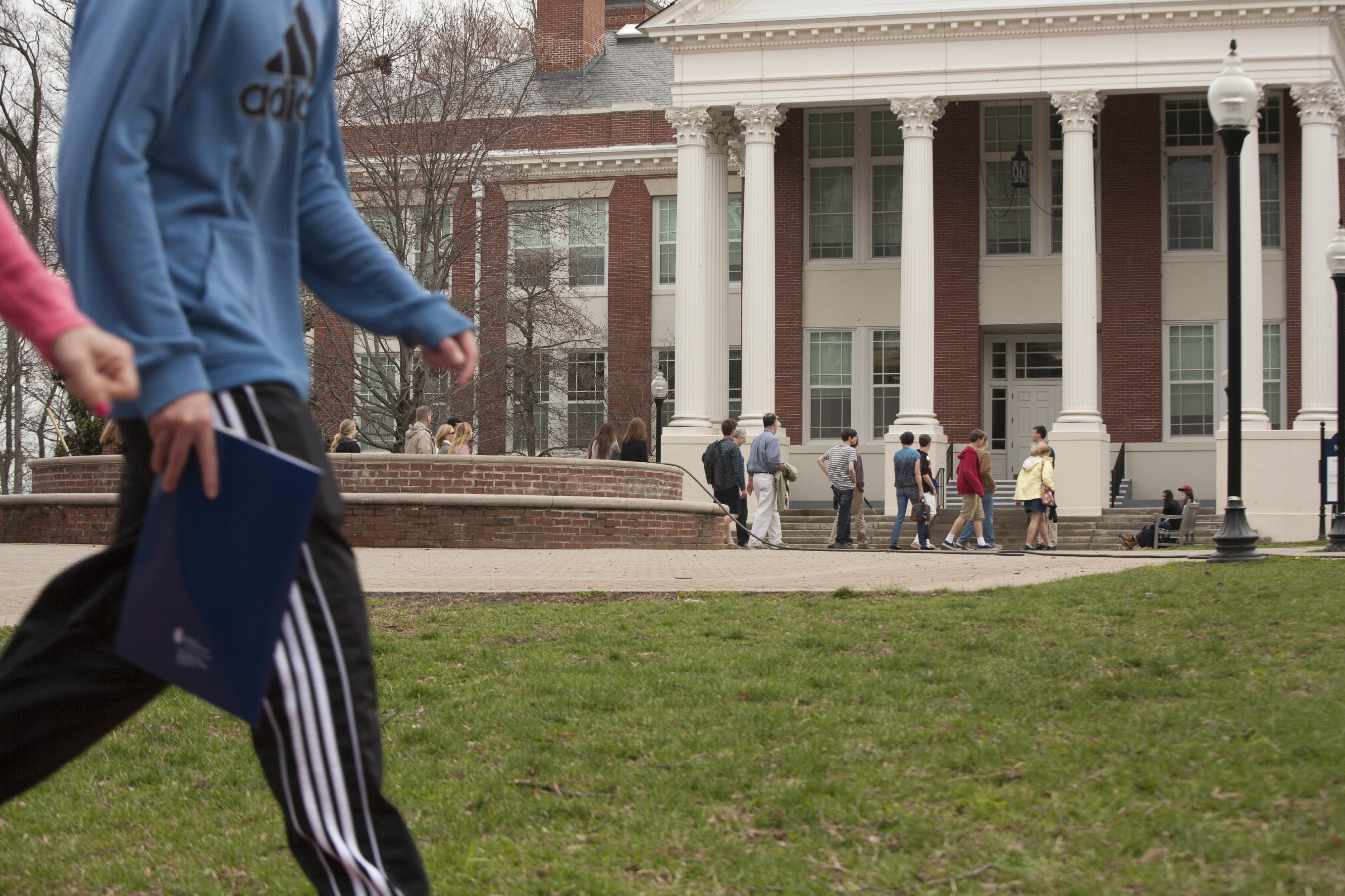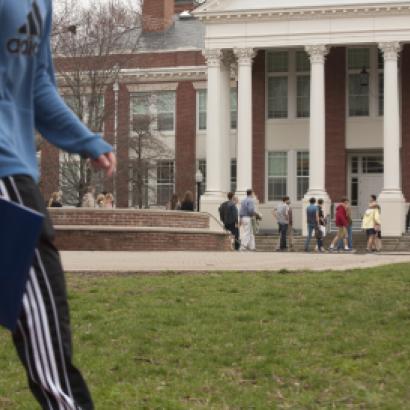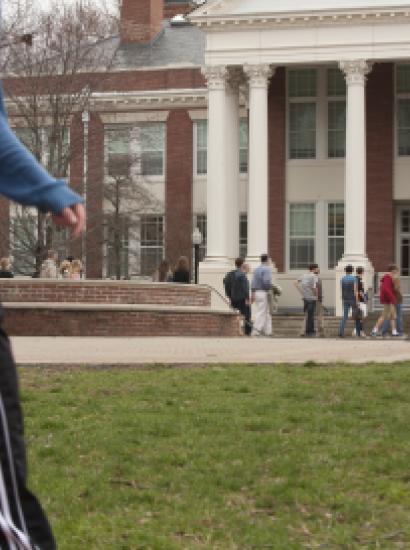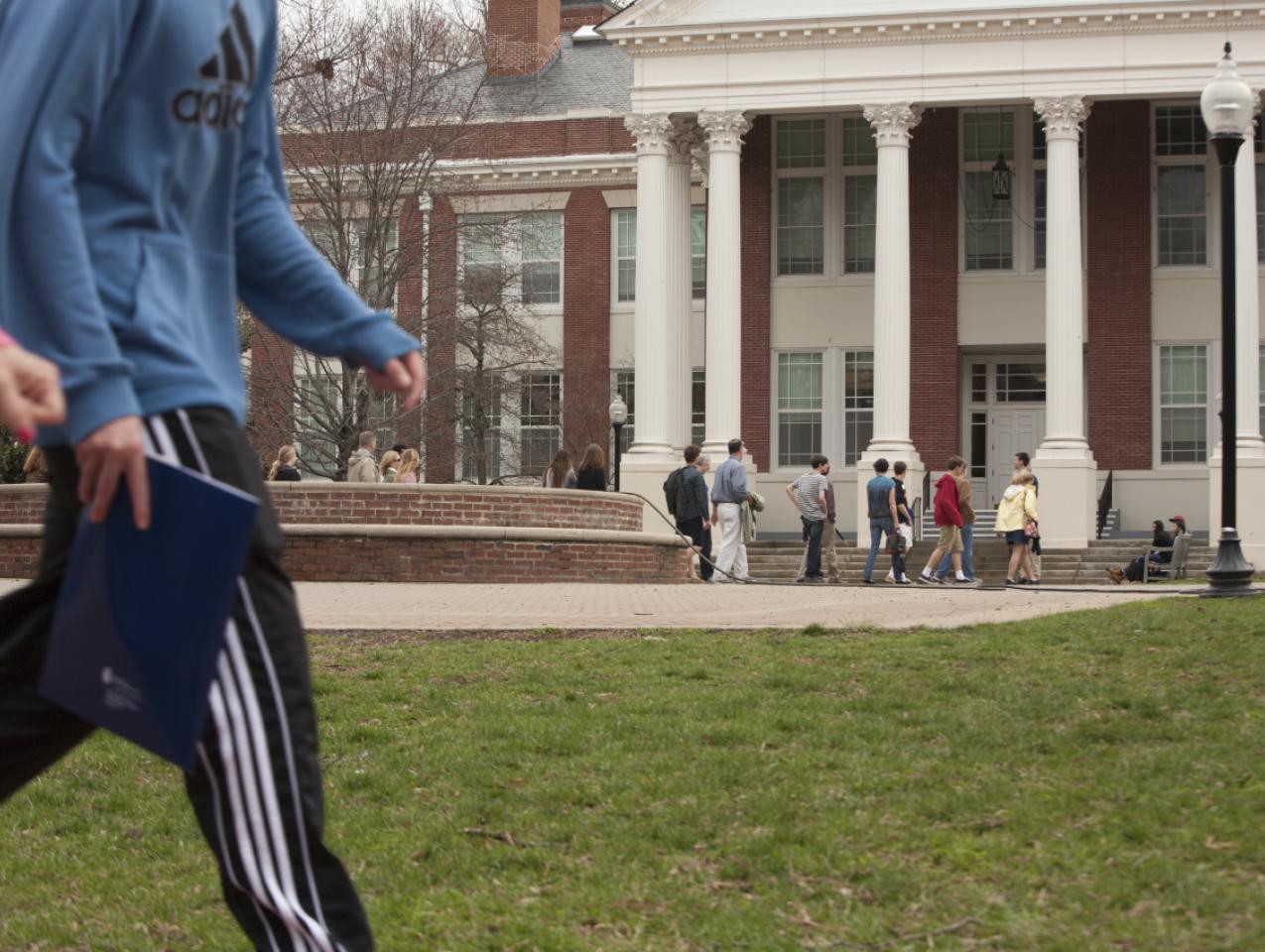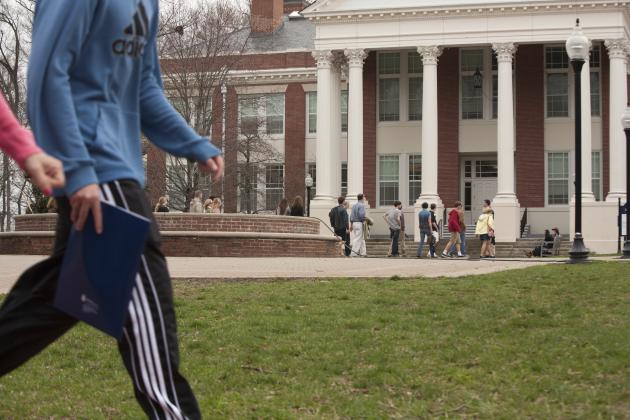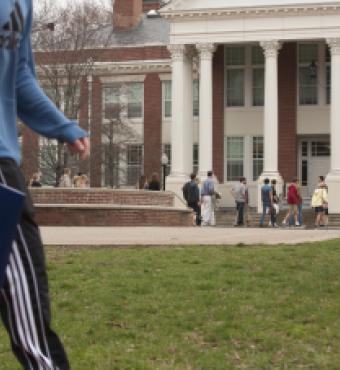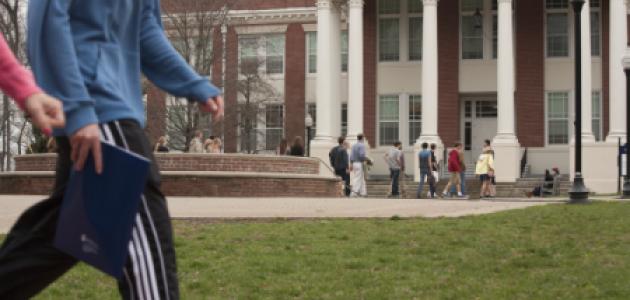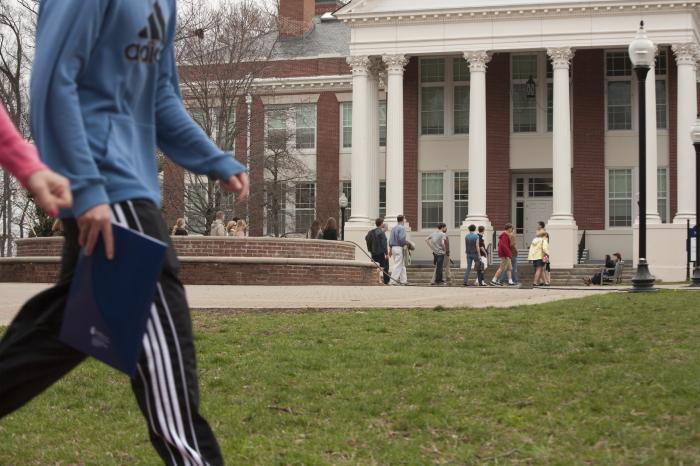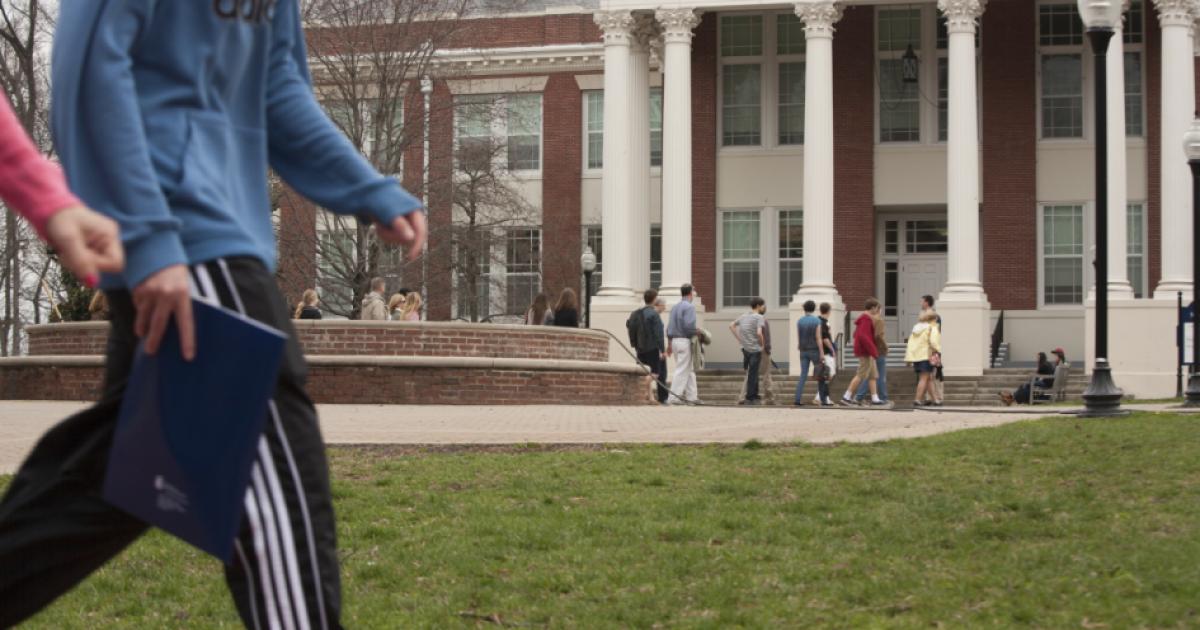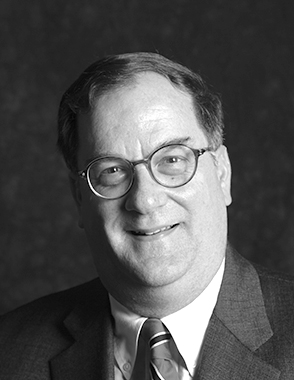
New guidelines from the US Department of Education on sexual misconduct on university campuses would put due process into effect and create a more just environment, a Hoover scholar says.
On November 16, US Education Secretary Betsy DeVos issued a set of rules governing campus sexual assault. Such assaults had earlier been covered by guidance from the Obama administration. There is a 60-day public comment period on the rules before they are final.
Williamson Evers, a research fellow at the Hoover Institution, specializes in research on education policy. He is a former US assistant secretary of education for planning, evaluation, and policy development. Evers was recently interviewed about the Department of Education’s new Title IX rules:
Why are Secretary DeVos’s new rules on rape cases in higher education important?
Rape is a particularly brutal and devastating crime. When there is an accusation of rape on a college campus or during a college-sponsored activity, Title IX governs the college’s response.
Title IX is part of a 1972 civil-rights law that amended all the federal education statutes (including the Higher Education Act). It forbids sex discrimination in educational programs that receive federal funds. Colleges don’t want to disobey the US Department of Education. If they don’t follow department rules, they face long investigations and risk losing federal money.
The new rules require that the hearings in sexual assault cases be presided over by a neutral decision-maker and be based on a presumption of innocence for the accused.
Both accuser and accused will be able to benefit from cross-examination of each other. They may also make use of a discovery procedure to learn of and examine all pertinent evidence that has been uncovered during the investigation. Both parties would have the opportunity to appeal decisions.
What have the courts said about the old rules issued during the Obama years?
Since the Obama guidance was issued in 2011, federal courts have rebuked colleges in over a hundred cases for the absence of meaningful due process.
What about cross-examination?
The new rules require allowing cross-examination and will also bar colleges from relying on the testimony of a witness who refuses to undergo cross-examination.
The Obama guidance discouraged—essentially forbade—colleges from allowing accuser and accused to cross-examine each other, since, it was said, that might be too emotionally shocking for a rape victim.
But disallowing cross-examination stacks the deck against the accused and throws away a reliable instrument for finding the truth.
In the 1970 US Supreme Court case of California v. Green, Justice Byron White, writing for the court, said that cross-examination is the “greatest legal engine ever invented for discovery of the truth.”
When the new rules were released, the University of California denounced them. In particular, it opposed requiring colleges to hold live hearings rather than using “an investigative model that many schools, including UC, have carefully and deliberately created.” Under this approach, a single investigator looks at allegations and makes a decision. But this approach doesn’t allow cross-examination and allows an unchecked campus bureaucrat to disregard due process for the accused.
The Education Department has emphasized that advisers or attorneys for the students ought to conduct the cross-examination, and not the students themselves. An accuser could also ask to be in a separate room from the accused while the hearing was being conducted.
Such an approach should diminish the risk of severe emotional shock for a rape victim while still preserving due process for the accused.
Do the new rules hold colleges to a higher standard in proving rape allegations?
The new rules allow colleges to use “clear and convincing evidence” as their standard of proof, but they don’t have to.
The Obama-era guidance encouraged—perhaps “ordered” is the right word here— colleges to lower the standard to “preponderance of the evidence” if they had been using “clear and convincing evidence.”
Colleges and universities could have raised their standard of proof since Secretary DeVos rescinded the old Obama guidance in late September 2017, but most have declined to do so and say they don’t plan to either.
There are student and faculty activists (and administrators who support them) who have little regard for due process. On the other hand, there are also law school faculties who strongly support it. In 2014, for example, a large number of current and former professors from Harvard Law School wrote an open letter criticizing the lack of due process in Title IX proceedings.
Even if colleges don’t want to move to the “clear and convincing” standard, court decisions may force them to do so.
Is there a larger lesson here?
In years past, college professors told students in class that due process was a civil right that guards individuals from tyrannical abuses. Power, to paraphrase Lord Acton, exercised without due process tends to corrupt, and such absolute power corrupts absolutely. Hence the due process rights of the accused help secure all our individual rights. Betsy DeVos and the Trump administration have taken a needed step to defend those rights.
Williamson Evers was the lead member of the Trump transition’s agency action team for the US Department of Education.
MEDIA CONTACTS:
Clifton B. Parker, the Hoover Institution: 650-498-5204, cbparker@stanford.edu







